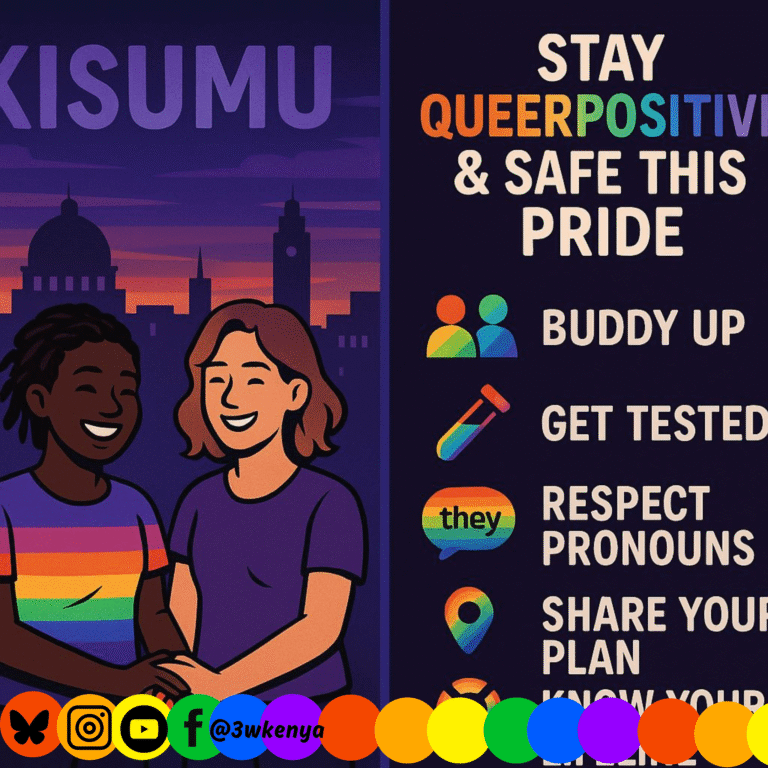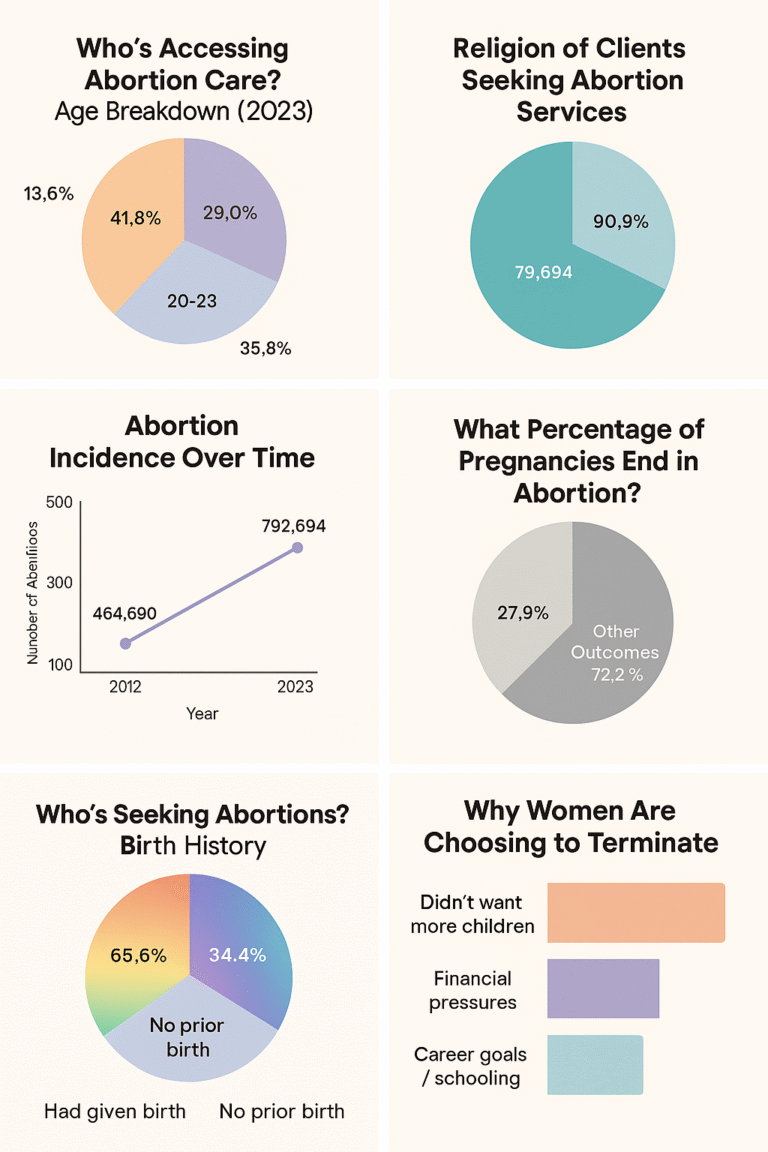EMPOWERING PERSPECTIVES: A JOURNEY OF ABORTION VALUES CLARIFICATION AND ATTITUDE TRANSFORMATION (VCAT) BY SAFE ABORTION ACTION FUND(SAAF), WOMEN WORKING WITH WOMEN(3W) AND TRANS* SUPPORT CBO.
Access to abortion care for women is frequently obstructed or refused due to various barriers, often stemming from the stigma surrounding abortion. In order to address this issue and enhance the availability of and access to abortion care, workshops focusing on abortion values clarification and attitude transformation (VCAT) are organized for abortion providers, trainers, policymakers, and other stakeholders. The purpose of this study is to evaluate the impact of VCAT workshops on the participants’ knowledge, attitudes, and behavioral intentions.
The abortion VCAT workshop was meant to:
- Questioning deeply-rooted assumptions and dispelling myths
- Elucidating and affirming our values and potentially resolving conflicts
- Potentially undergoing a transformative process regarding our beliefs and attitudes, which can subsequently influence our behaviors
- Declaring our commitment to acting in accordance with our affirmed values
Throughout the workshop process, we addressed some of the root causes of stigma-related barriers to abortion service delivery, access and quality. We embarked on a journey of transformation, rooted in our willingness to embrace change. We opened ourselves to the examination of our values and the possibility of shifting our attitudes and approaches. Along this path, we acquired fresh insights, delved deeper into our existing knowledge or acquired new knowledge altogether. We cultivated empathy towards those who seek, provide, or are impacted by abortion, while also clarifying our current values surrounding this topic. We ventured to explore alternative values, acknowledging the hurdles that impede change, all the while maintaining an unwavering openness to transformation.
The foundation of the framework was rooted in the tangible effects of abortion stigma, namely unsafe abortion, which can lead to harm or even death for women. Confronted with these potentially severe outcomes, individuals involved in the VCAT process progressed through a continuum of attitudes, starting from obstruction and moving towards tolerance, acceptance, provision or support, and, in some cases, advocacy for high-quality, comprehensive abortion care for all women. The VCAT intervention encompassed interactive presentations and activities designed to actively engage participants in accurate abortion information, practical scenarios, introspective examination, empathy-inducing experiences, and meaningful discussions surrounding abortion beliefs, values, professional ethics, and responsibilities. Each activity had well-defined learning objectives that were specific, timely, measurable, and detailed for the participants. For instance, one of the exercises ensured; we comprehended the three primary phases of values clarification: the process and cognitive steps an individual undergoes when carefully selecting from competing options and making a specific course of action. These phases include making an informed value choice, affirming that choice, and subsequently taking action based on the chosen value.
We fostered supportive attitudes towards women’s right to safe abortion care. Participants engaged in discussions using vignettes, examining the health and social implications of restricting access to safe abortion services for specific groups of women, such as policymakers, providers, and other stakeholders. Our approach incorporated adult learning principles and methodologies, including both large and small group discussions, expressive activities, case studies, individual and group work, personal journals and interviews, and self-analysis worksheets. We specifically addressed various aspects of abortion care, including first and second trimester abortions, medical abortion, the needs of young women and their perspectives on abortion care, as well as sex-selective abortion. Additionally, we covered other healthcare areas, such as contraceptive services and respectful maternity care.
By fostering empathy, critical thinking, and respectful communication, the workshop aimed to create an inclusive and supportive environment for individuals to challenge their assumptions and broaden their perspectives. The journey towards values clarification and attitude transformation is ongoing, but this workshop served as a catalyst for participants to embark on this important and empowering process.
In conclusion, the Abortion VCAT workshop set the stage for informed discussions, respect for diverse perspectives, and ultimately, a more compassionate and inclusive approach to abortion and reproductive healthcare. It is through such initiatives that we can collectively work towards a society that values the rights and autonomy of all individuals.


